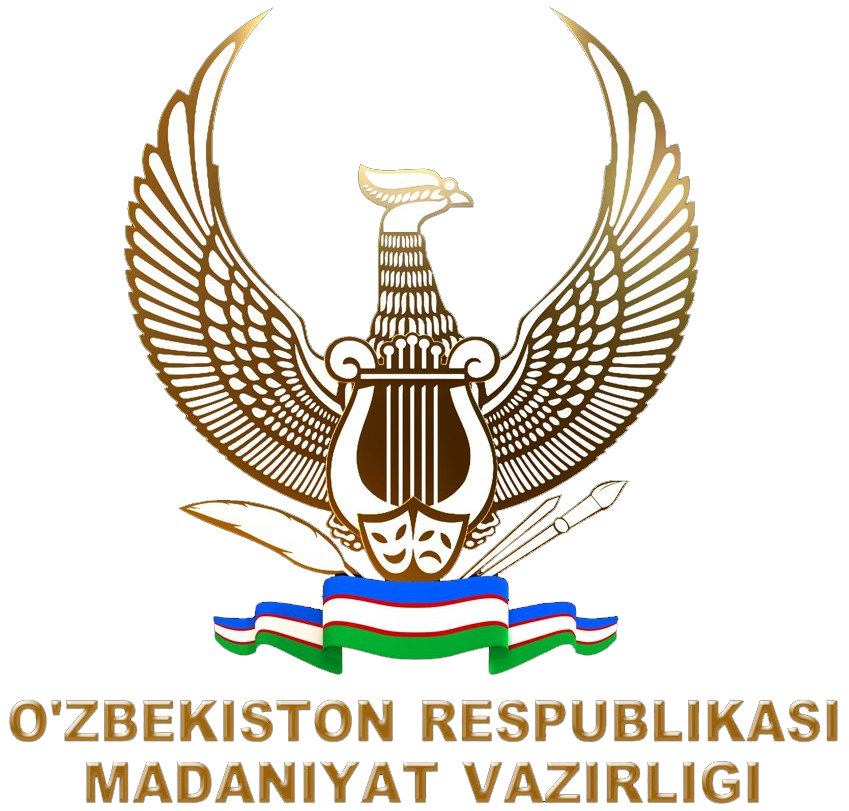First Deputy Minister of Culture Avazkhan Tadjikhanov gave a speech at the UNESCO World Conference on Culture and Art Education in Abu Dhabi
2024-02-15 17:20:00 / News
It is with great honor and privilege that I stand before you today at this esteemed UNESCO conference on Culture and Arts Education in Abu Dhabi. On behalf of the ministry of Culture of Republic of Uzbekistan, I extend heartfelt greetings and warm salutations to all present.
In recent years, our country has made significant strides in systematically enhancing the personnel training system within the realm of culture and art. This concerted effort aims to foster cohesion, nurture creative talent among the youth, instill a deep appreciation for various forms of art, and promote the study of global cultural heritage.
Several key initiatives have been undertaken to bolster this endeavor. Over the past six years, the Ministry of Culture of the Republic of Uzbekistan has established various educational institutions, including the National Pop Art Institute named after Botir Zakirov, the Uzbek National Music Art Institute named after Yunus Rajabi, and branches of renowned institutions like the State Conservatory of Uzbekistan and the State Institute of Art and Culture of Uzbekistan.
Furthermore, new children's music and art schools, as well as schools specializing in performing arts, have been established, totaling 368 educational institutions under the purview of the Ministry of Culture, representing a 10.5% increase from 2017.
These institutions play a vital role in nurturing talent and educating the youth. Currently, 20,303 professors are teaching 110,285 students across various disciplines. Notably, the number of children's music and art schools has increased to 324, with 15,120 teachers instructing 88,497 students, marking a significant rise in both student enrollment and teaching staff compared to 2017.
Additionally, there are 3,982 teachers educating 10,575 students in specialized music, dance, opera, and cultural schools, reflecting a commitment to providing comprehensive cultural education across different strata of society.
While commendable progress has been made, challenges remain. The existing two-year training programs in colleges pose difficulties for students to meet the requirements of educational curricula and acquire necessary qualifications. Consequently, graduates often require additional training to enhance their skills, particularly in pedagogical activities.
Moreover, issues pertaining to the professional development of cultural workers in theaters, cultural centers, and creative teams remain unresolved. Addressing these challenges requires concerted efforts and strategic planning.
In response to these concerns, the government is actively developing regulatory frameworks aimed at further enhancing the personnel training system in culture and art. This includes efforts to expand scientific research in the field and cultivate a skilled workforce capable of contributing effectively to the cultural landscape.
In conclusion, while progress has been made, continued efforts are necessary to address challenges and ensure holistic talent development. Through collaboration and dedication, we can strengthen our culture and arts education ecosystems for the betterment of society.
Thank you.
